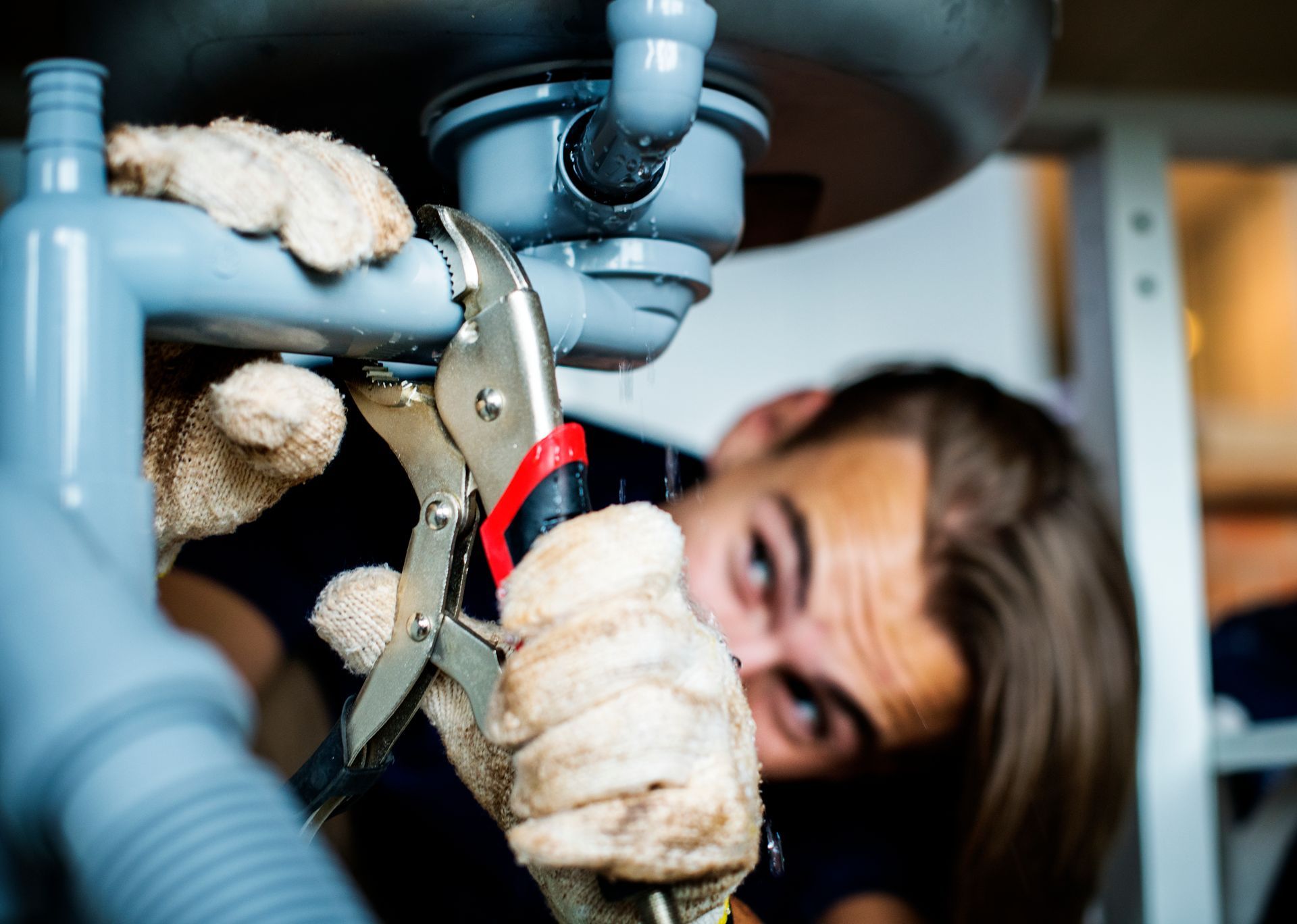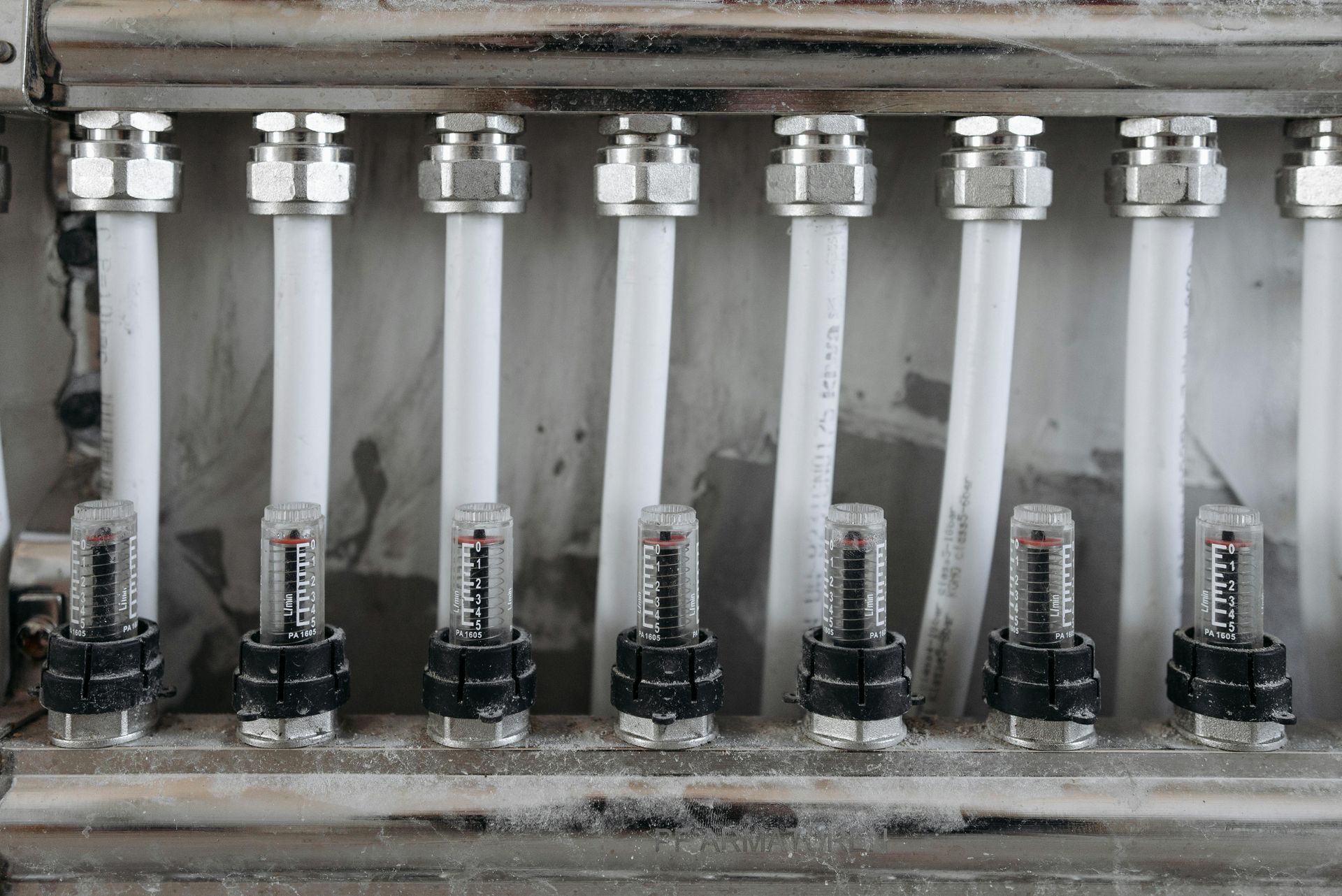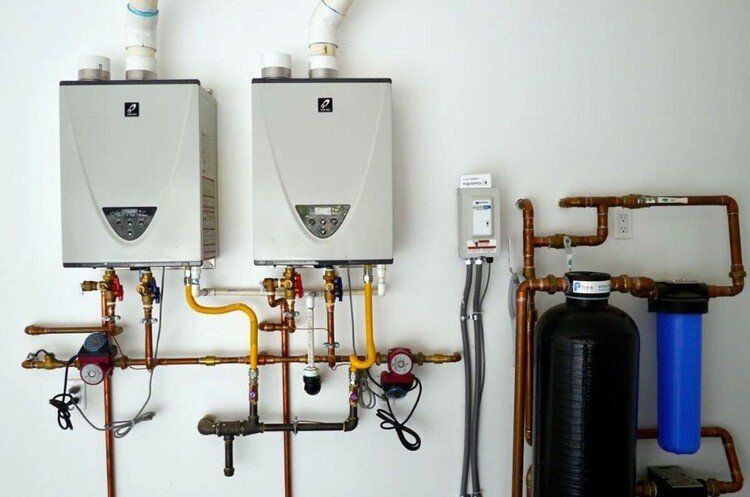Understanding The Role of Horsepower When Choosing Garbage Disposal
Choosing the right garbage disposal for your kitchen is an important decision that affects daily convenience, efficiency, and long-term maintenance of your plumbing system. A critical factor in selecting a suitable disposal unit is understanding the role of horsepower (HP) in determining its performance and durability. This detailed article explores how horsepower influences garbage disposal capabilities, considerations when selecting a unit, and the importance of professional installation and maintenance from trusted plumbing services like All City Plumbers. It also touches on related plumbing elements such as the role of vent pipes in drainage, which directly affects disposal functionality and overall system health.
What Does Horsepower Mean in Garbage Disposals?
Horsepower is a measure of the motor’s power in a garbage disposal, indicating the force it can exert to grind and process kitchen waste. In simpler terms, a higher horsepower motor can handle tougher, denser food scraps and larger quantities without jamming or stalling.
Garbage disposals commonly range from 1/3 HP to 1 HP or more. Lower horsepower models, around 1/3 HP or 1/2 HP, are typically suited for small households with lighter waste loads like soft vegetable scraps or small amounts of leftovers. These units are generally more affordable but may struggle with fibrous or harder materials such as bones or corn husks.
Medium horsepower disposals, usually 3/4 HP, offer better grinding ability for an average family kitchen. They are designed to handle a variety of food waste more efficiently and reduce the risk of clogs or jams.
High-powered disposals, with 1 HP or greater, are ideal for larger households or properties where frequent, heavy food waste disposal occurs. They provide superior grinding capacity, faster processing, and increased durability, often backed by longer warranties.
How Horsepower Affects Performance and Longevity?
The horsepower of a garbage disposal directly impacts its performance in multiple ways. Stronger motors generate more torque, allowing the grinding components to break down tougher food particles quickly and into finer pieces. This finer grinding helps prevent clogs and keeps your kitchen sink drains flowing smoothly.
Conversely, a low-horsepower disposal might overheat or stall when overloaded, which increases wear and tear on components and shortens the unit’s lifespan. Frequent jams or motor strain may eventually require replacement, leading to additional costs and potential plumbing issues.
Higher horsepower units also tend to be quieter and more energy-efficient when handling demanding loads, improving user experience and reducing electricity consumption. However, they may require larger space for installation and a more robust plumbing connection.
Selecting a disposal with horsepower appropriate for your household’s waste generation ensures reliable operation, fewer disruptions, and a longer product lifespan.
Additional Plumbing Considerations: Vent Pipes and Drainage
While horsepower is crucial, garbage disposal performance is also influenced by proper plumbing design. The role of vent pipes in drainage is fundamental to ensuring that wastewater flows freely through the system after food waste is ground up.
Vent pipes allow air to enter the plumbing system, preventing negative pressure that can slow or stop drainage. Without adequate venting, sinks can drain slowly, create gurgling noises, or trap odors, which not only affects disposal operation but also contributes to plumbing stress and potential leaks.
Professional plumbers like All City Plumbers evaluate your existing drainage and venting setup during garbage disposal installation to guarantee compliance with local codes and optimal functionality. Proper vent piping coupled with the right horsepower disposal minimizes clogs, backups, and unpleasant smells, enhancing overall kitchen plumbing performance.
Why Professional Installation and Maintenance Matter
Installing a garbage disposal involves more than just connecting it to your sink drain. Correct wiring, secure mounting, appropriate drainage connections, and ensuring vent pipes function properly are vital to avoid issues like leaks, electrical faults, or drainage problems.
Engaging experienced professionals such as All City Plumbers not only ensures proper installation but also provides benefits like extended product warranties and peace of mind. Skilled plumbers can recommend the right horsepower model tailored to your household needs and advise on maintenance best practices.
Regular maintenance includes inspecting for leaks, flushing the disposal with appropriate cleaners, and occasional servicing to prevent jams. Prompt repairs and timely attention prevent minor problems from escalating into emergencies that require emergency services, safeguarding your home from water damage or costly repairs.
Conclusion
Understanding the role of horsepower in garbage disposal selection is key to ensuring efficient and trouble-free kitchen waste management. Higher horsepower units offer greater power, durability, and capacity, while lower horsepower models may suffice for lighter usage but carry limitations.
Coupling the right horsepower choice with a well-designed plumbing system—including correct vent pipe function—supports optimal disposal performance. Professional installation and maintenance by reputable plumbers like All City Plumbers further enhance reliability, prolong product life, and reduce the likelihood of emergencies.
By carefully considering horsepower alongside comprehensive plumbing factors, homeowners can enjoy convenient, efficient, and long-lasting garbage disposal systems that contribute to overall kitchen hygiene and comfort.











